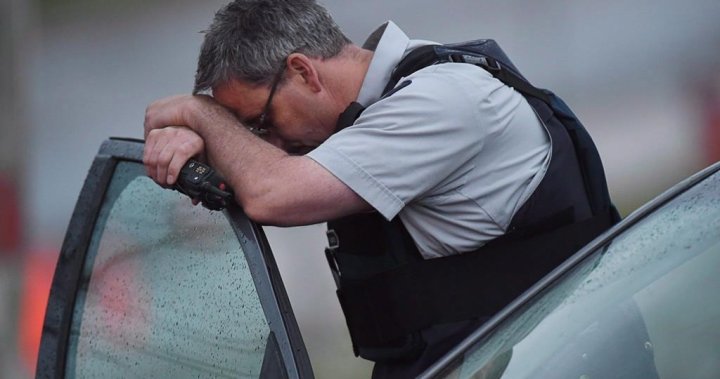Almost a decade after a man went on a shooting rampage in Moncton, New Brunswick, killing three Mounties, the RCMP has yet to fully implement a key recommendation from a 2014 review aimed at preventing such deadly encounters. On the evening of June 4, 2014, Justin Bourque armed with a rifle and a shotgun, fatally shot constables Fabrice Gevaudan, David Ross, and Douglas Larche while wounding two other constables. Bourque was eventually apprehended after a 29-hour long manhunt. In response to the incident, retired RCMP assistant commissioner Alphonse MacNeil released a report with 64 recommendations, including a call for better training of front-line supervisors in critical incident response management.
The RCMP developed two courses on critical incident response management in response to MacNeil’s recommendation, including an introductory online course and an advanced 16-hour course, made mandatory for all front-line supervisors in 2018. However, in the aftermath of the 2020 mass shooting in Nova Scotia, where 22 people were killed by a lone gunman, it was revealed that few Mounties had signed up for the courses. The Mass Casualty Commission released a final report criticizing the RCMP’s lack of compliance with MacNeil’s recommendation, stating that many supervisors involved in the Nova Scotia incident had not received the necessary training.
Two months ago, the RCMP provided an update on the progress of implementing the public inquiry’s recommendations and released an external review of its critical incident response training for front-line supervisors, confirming that improvements were needed in the advanced course and the compliance rate for training remained low. By March 31, 2023, only 14 percent of constables had taken the advanced course, well below the target of 55 percent. In the more senior ranks, 44 percent of corporals had completed the course by the same date, and 43 percent of sergeants had taken the course, both below the required targets.
Christian Leuprecht, a professor of political studies at Queen’s University, highlighted the RCMP’s slow-moving nature and lack of resources, compounded by the federal government’s apparent lack of interest in reforming the police force. The Mass Casualty Commission’s final report criticized the RCMP’s response to the MacNeil report, stating that the improvements made after the Moncton shootings were not institutionally sustained and did not produce lasting improvements in preparedness and supervisor training. As the anniversary of the Moncton shootings approaches, the RCMP plans to mark the date with a private gathering among relatives of the slain officers at a monument in Riverfront Park.
In conclusion, the RCMP’s slow progress in implementing critical incident response training for front-line supervisors, despite a major recommendation from a 2014 report, has raised concerns about the police force’s preparedness for future deadly encounters. The low compliance rate among Mounties in taking the required advanced course has highlighted the need for better oversight and enforcement of training requirements. The federal government’s apparent lack of interest in reforming the RCMP and the force’s overall lack of resources have contributed to the slow progress in implementing necessary changes. Moving forward, it will be crucial for the RCMP to address these shortcomings and prioritize the safety and training of its officers to prevent future tragic incidents.


